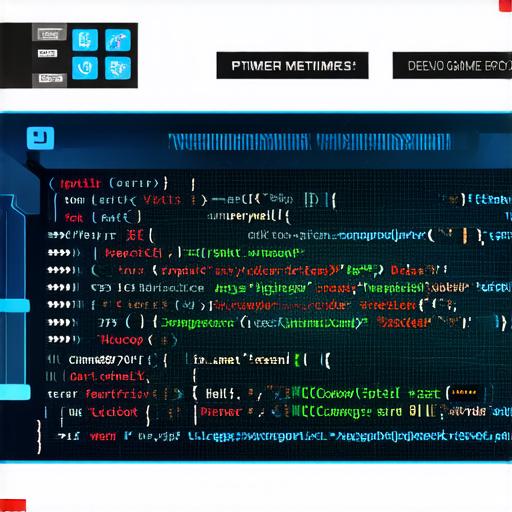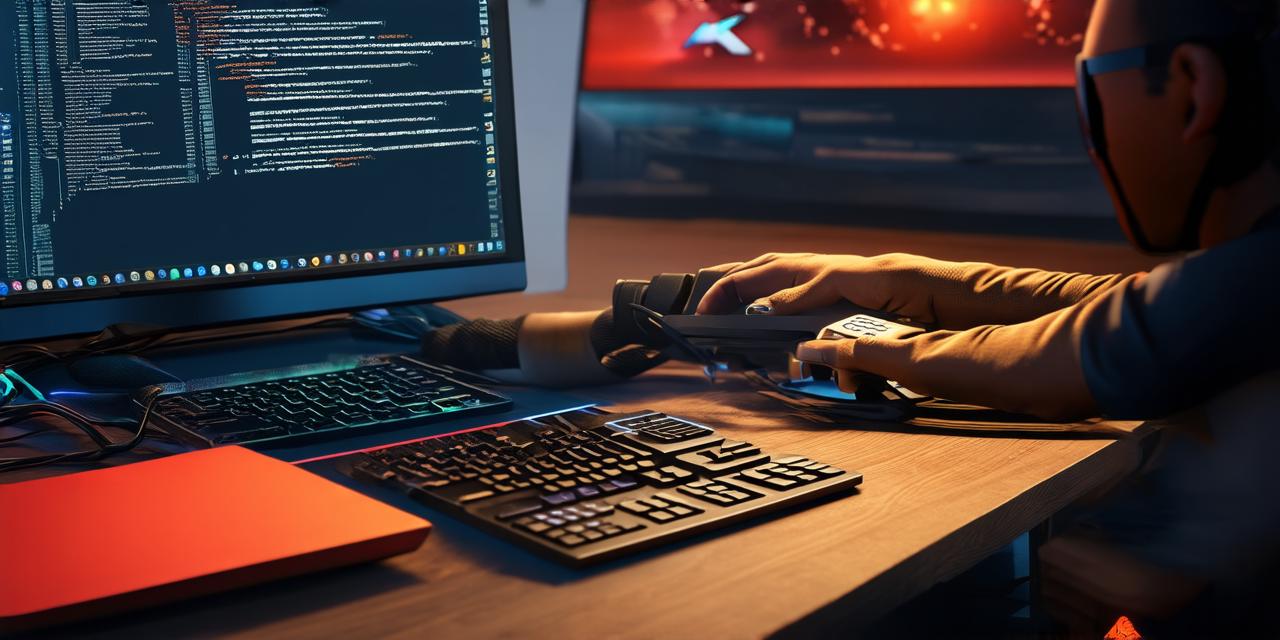Video games have come a long way since their inception, with advancements in technology allowing for increasingly complex and immersive experiences. Developing these games requires a significant amount of effort, with many different roles and skills required to bring a vision to life. One of the most crucial roles in game development is that of the programmer, who is responsible for writing the code that powers the game’s mechanics, graphics, and AI. In this article, we will explore some of the factors that affect the number of programmers needed to develop a video game and provide insights into how many programmers are typically needed for different types of games.
1. Game complexity
The complexity of a game is one of the most critical factors that determine the number of programmers needed to develop it. Games with more complex mechanics, graphics, or AI require more programming expertise and manpower. For example, a first-person shooter game with realistic graphics and physics will require more programmers than a simple 2D platformer game.
In general, games that require advanced programming skills, such as Unity or Unreal Engine, may need between 5 to 10 programmers, depending on the complexity of the game. On the other hand, simpler games built with tools like GameMaker or Stencyl can be developed with fewer resources, requiring only one or two programmers.
2. Project timeline
The project timeline is another critical factor that affects the number of programmers needed to develop a game. Games with tight deadlines require more resources to ensure they meet their release dates. In contrast, games with longer development times may have more leeway in terms of staffing requirements.
For example, a small indie studio working on a mobile game with a six-month timeline may only need two programmers, while a larger AAA studio working on a console or PC game with a two-year timeline may require 20 to 30 programmers, depending on the complexity of the game.
3. Budget constraints

Budget constraints can also affect the number of programmers needed to develop a game. Games with smaller budgets may have limited resources and may only be able to hire a small team of programmers. In contrast, games with larger budgets may have more resources at their disposal, allowing them to hire more programmers and potentially create a more complex game.
4. Industry standards
Finally, industry standards can also affect the number of programmers needed to develop a game. For example, in the mobile gaming industry, it is common for games to be developed with smaller teams, often with only one or two programmers. In contrast, AAA games for consoles and PCs typically have larger development teams, often consisting of dozens of programmers.
Case study: Developing a video game with a small team
To illustrate the points above, let’s look at an example of developing a video game with a small team. Suppose you are a small indie studio working on a mobile game with a six-month timeline and a budget of $500,000. Based on industry standards, you may only need to hire two programmers for this project.
However, if the complexity of your game requires more advanced programming skills or additional features, such as multiplayer functionality or augmented reality integration, you may need to hire additional programmers to meet these requirements. In this case, you may end up with a team of four or five programmers.
Final thoughts
In conclusion, the number of programmers needed to develop a video game depends on several factors, including game complexity, project timeline, budget constraints, and industry standards. While there isn’t a one-size-fits-all answer, it is essential for game developers to consider these factors when planning their projects and determining the resources they need to succeed. By understanding these factors and working with experienced programmers, game developers can create high-quality games that meet their goals and deliver an engaging gaming experience to players.
It’s also important to note that having the right number of programmers is not the only factor in developing a successful game. Other crucial aspects include effective project management, clear communication between team members, and ongoing testing and optimization to ensure the game runs smoothly and meets player expectations. Additionally, game developers should consider the platform they are targeting, as some platforms may require different programming skills or tools.
Ultimately, the success of a video game depends on the collective efforts of all team members, including programmers, artists, designers, and producers. By working together effectively, these teams can create games that are not only visually stunning but also engaging, immersive, and fun to play.




